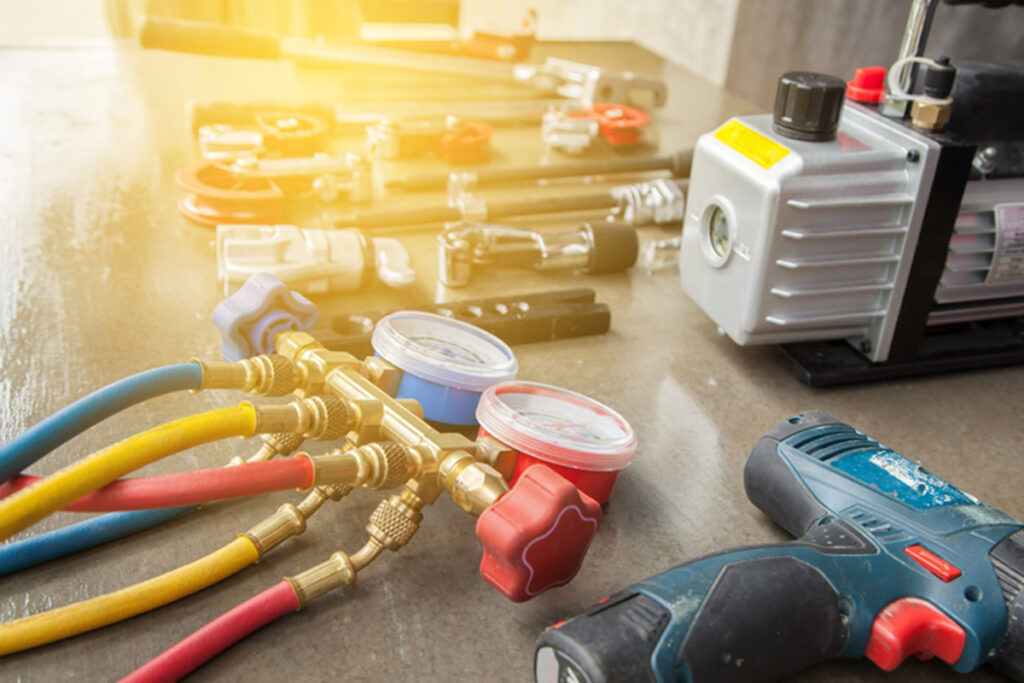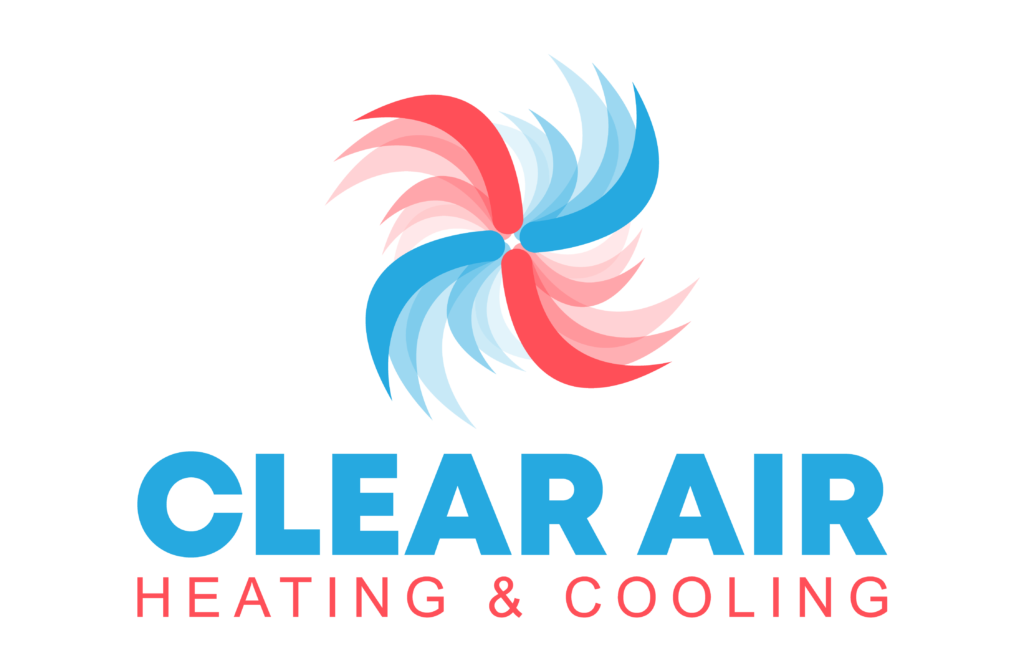HVAC CAPACITORS
HVAC Capacitors: What They Do and Why They Go Bad
If you’ve ever had an air conditioner or heating system stop working, the problem might have been a bad capacitor. Capacitors are small but important parts of HVAC (heating, ventilation, and air conditioning) systems. They help start and keep the motors running smoothly. But like any other electrical part, capacitors don’t last forever. Let’s take a closer look at what capacitors do, why they go bad, and how to tell when one needs to be replaced.
What Is an HVAC Capacitor?
A capacitor is a small, cylindrical device that stores and releases electricity. It works like a temporary battery, giving motors an extra boost of energy to start up. In an HVAC system, capacitors are used for the fan motor, blower motor, and compressor. Without capacitors, these motors would struggle to turn on and run efficiently.
There are two main types of capacitors in an HVAC system:
Start Capacitors – These provide a quick burst of energy to help a motor start.
Run Capacitors – These help the motor keep running smoothly by storing and releasing a steady amount of electricity.
Both types are essential for keeping your HVAC system running properly.
Why Do HVAC Capacitors Go Bad?
Capacitors don’t last forever. Over time, they wear out and stop working. Here are some of the most common reasons why capacitors fail:
Age and Wear
Most capacitors last between 10 to 20 years, but constant use can wear them out faster. Over time, the internal parts break down, causing the capacitor to lose its ability to store and release energy.
Heat Exposure
Heat is one of the biggest enemies of capacitors. High temperatures, both from the weather and from the HVAC system itself, can cause capacitors to overheat and fail. That’s why capacitors in hot climates tend to go bad more quickly.
Power Surges
Sudden increases in voltage, like lightning strikes or electrical spikes, can damage capacitors. These surges cause the capacitor’s internal parts to burn out or even explode in extreme cases.
Electrical Problems
Loose or damaged wiring can affect the capacitor’s ability to work properly. If there is a short circuit or an imbalance in the electrical current, the capacitor may overheat or fail.
Manufacturing Defects
Sometimes, capacitors fail simply because they were poorly made. If a capacitor has a defect from the factory, it may not last as long as expected.
Signs of a Bad Capacitor
.
If your HVAC capacitor is failing, your system may show some warning signs. Here are some common symptoms:
- The air conditioner or heater won’t turn on.
- The fan or compressor struggles to start.
- You hear a humming noise from the unit.
- The system turns on but shuts off quickly.
- The capacitor looks swollen or has leaking fluid.
If you notice any of these signs, it’s best to call an HVAC technician to check and replace the capacitor if needed.

Preventing Capacitor Failure
While capacitors don’t last forever, you can take steps to make them last longer:
Schedule regular HVAC maintenance to check for early signs of capacitor failure.
Keep your unit clean and free of dust and debris.
Protect your system from power surges by using a surge protector.
Avoid extreme heat exposure by providing shade for your outdoor unit.
By taking care of your HVAC system, you can help prevent capacitor problems and keep your home comfortable all year long.
Got questions? We’re just a phone call away. 469-496-8658
